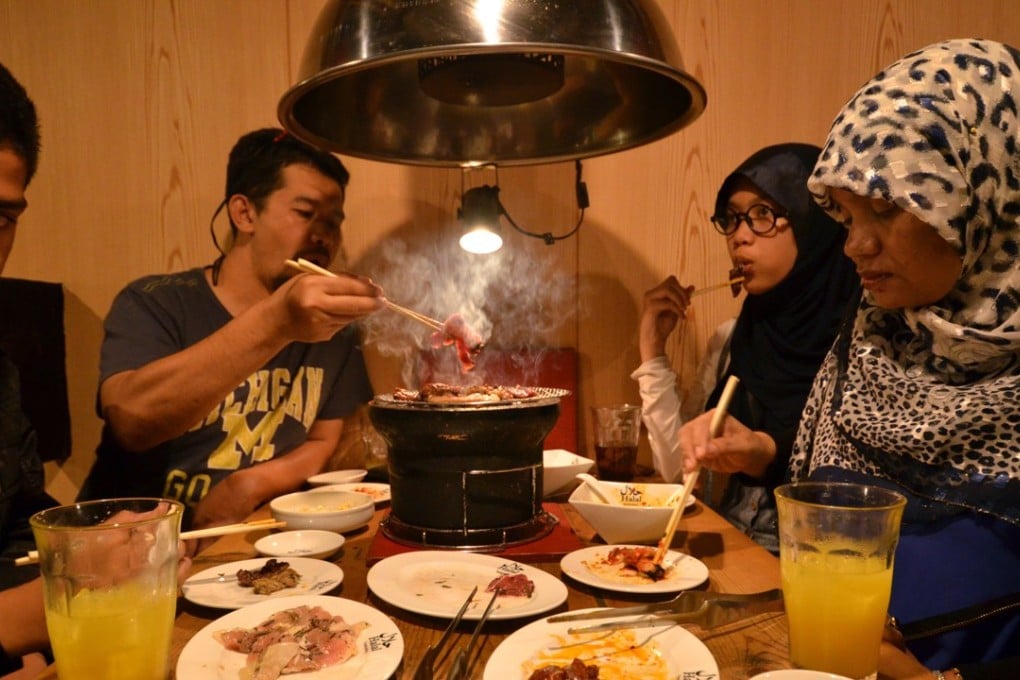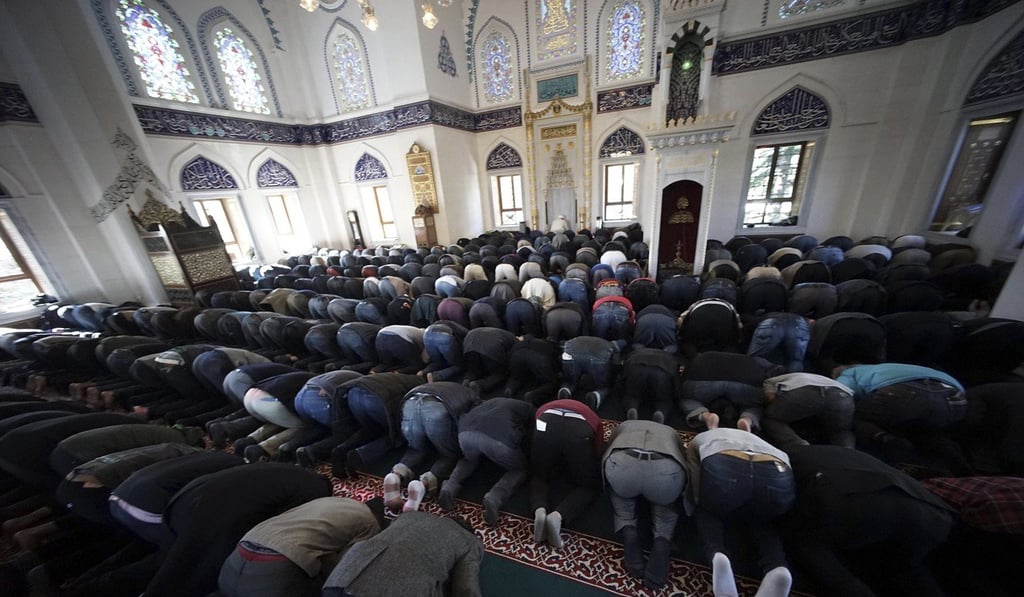Why are so many Muslims suddenly visiting Japan?
Savvy destinations that adapt to serve halal food and provide prayer rooms are reaping the benefits of an increase in tourism by visitors from Southeast Asia and the Middle East

Japan is rolling out the red carpet to visitors from Muslim nations, with qiblah (arrows pointing towards Mecca) appearing in hotel rooms, prayer rooms being signposted in airports and commercial complexes, and halal food becoming a staple in restaurants and the cafeterias of companies that conduct business with firms from Muslim states.
There has been a steady growth in the number of Muslims opting to settle in Japan. Halal meals first became available on menus about a decade ago, but the nation’s recent tourism boom is driving supply and demand.

The total number of tourist arrivals in Japan in 2016 surpassed 24 million, well ahead of the 20 million target set by the national government for 2020. And tourists from Muslim nations accounted for a growing number of the arrivals.
According to the Japan National Tourism Organisation (JNTO), nearly 271,000 Indonesians travelled to Japan in 2016, up from just 63,000 in 2009. Similarly, more than 394,000 Malaysians arrived last year, up from 89,000 seven years ago.